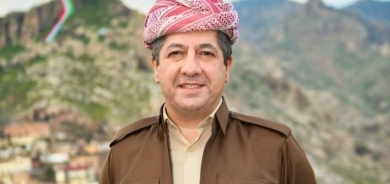Erbil Launches Population Census Campaign with Trained Enumerators

The Erbil Statistics Directorate announced the commencement of the next phase of Iraq's population census, with 300 trained enumerators beginning household visits on Saturday to collect family data. This marks a pivotal step in Iraq's first comprehensive census in 37 years.
Speaking at a press conference, Dr. Delzar Hama Saleh, Director of Erbil Statistics, confirmed that the enumerators had completed an intensive three-day training program and are now conducting surveys across residential neighborhoods. The campaign, which runs until November 19, includes family questionnaires covering various aspects of household demographics.
Dr. Saleh noted that a curfew would be imposed on November 20 and 21 to facilitate follow-up visits by enumerators. These visits aim to verify the accuracy of previously recorded data and document any changes in family status during the process.
The director called on Erbil residents to cooperate with the census teams, stressing, “This is a national process of great importance. We urge citizens to welcome enumerators into their homes and answer the questions.”
Iraq’s Planning Minister, Mohammed Ali Tamim, highlighted the significance of the census in press statements, describing it as "the first comprehensive developmental census for Iraq in 37 years." He emphasized that the census reflects "a message of social, security, and economic stability in the country" and is a top priority in the government’s developmental agenda.
The Kurdistan Regional Government (KRG) has declared a nine-day holiday, from November 15 to 23, for civil and military service employees and students across the Kurdistan Region and Kurdish areas outside its administration. The directive also mandates private sector organizations to facilitate employee participation in the census, particularly those from Article 140 areas.
Meanwhile, the Federal Ministry of Planning clarified that the population count for non-Iraqi residents would exclude detailed questions found in the general census form.
This historic effort aims to gather vital data for Iraq’s future developmental planning and service provision, marking a significant milestone in the country’s socio-economic progress.














